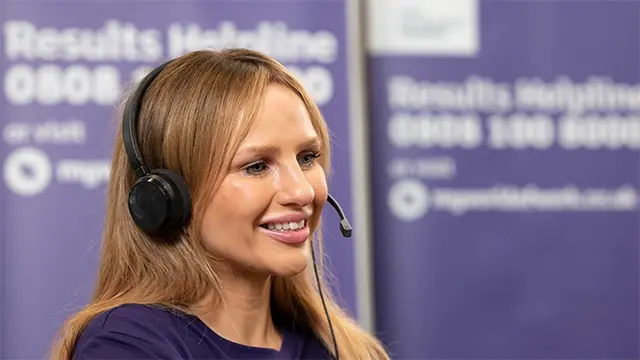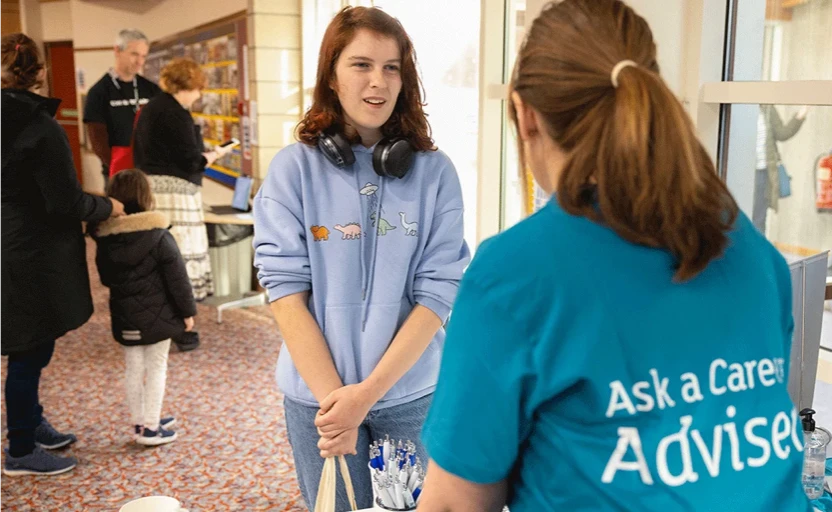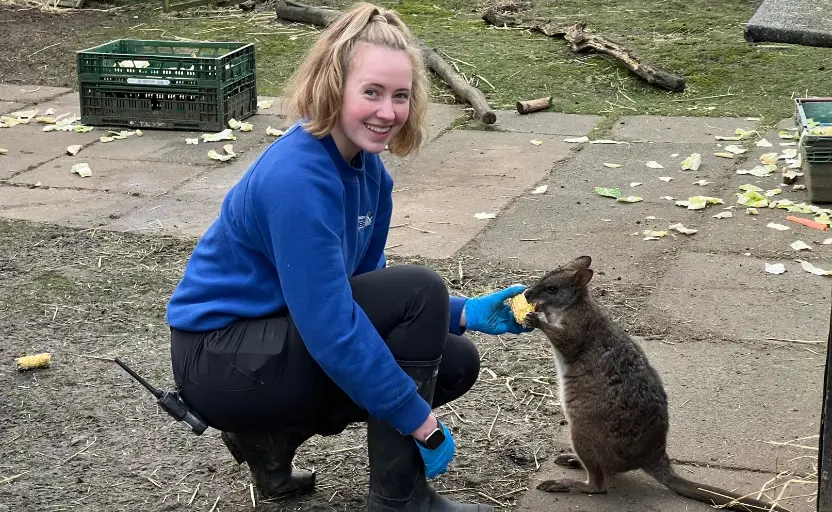Here are some ways you can support your child

Start with a career conversation
Discover how My World of Work can help you chat to your child about their career.

Look after your child’s mental health
A helping hand with your child's wellbeing. Find free helplines and expert online guidance.

Additional support for you and your child
Find sources of help and advice for parents, carers and anyone who needs additional support.

How to help your child get work experience
Discover how you can support your child get a taste of the working world.

The parents and carers’ guide to option choices
Use our guide to help your child choose their school subjects with confidence.

Support your child as they leave school
Read top tips on how you can help and use our handy resources.

Results Help advice for parents and carers
Get information and advice on how to help your child when they get their SQA results.
And here’s how we can help

Let your child know about our free careers advice
Every state school in Scotland has a careers adviser — they'd love to help your child.

Discover opportunities with local employers
Marketplace connects your child to local employers. Explore work placements, careers events, employability skills sessions and more.

Inspire your child with career stories
Explore videos from people across Scotland talking about the jobs they do and how they got into them.

Watch careers webinars for parents and carers
Sit back and listen to our career experts from the comfort of your own home.